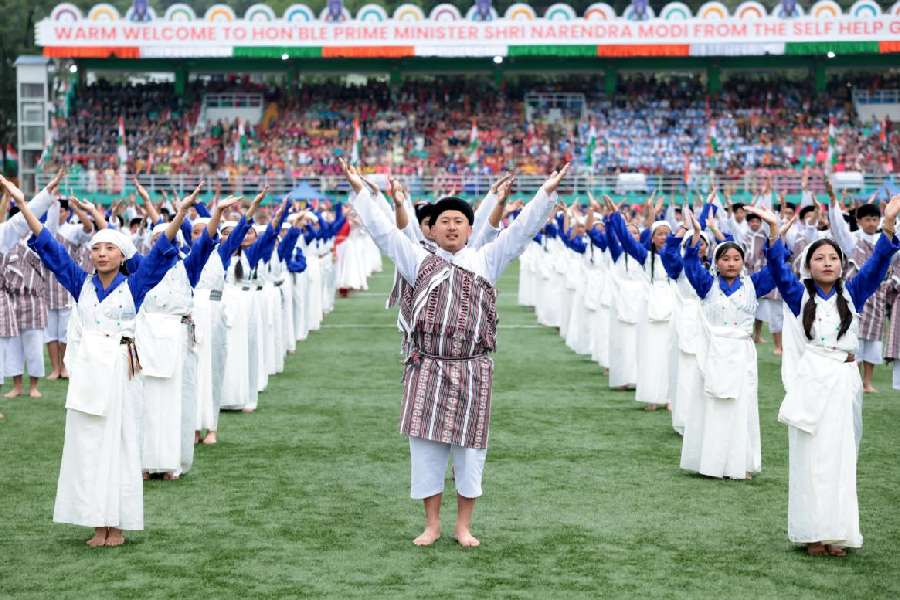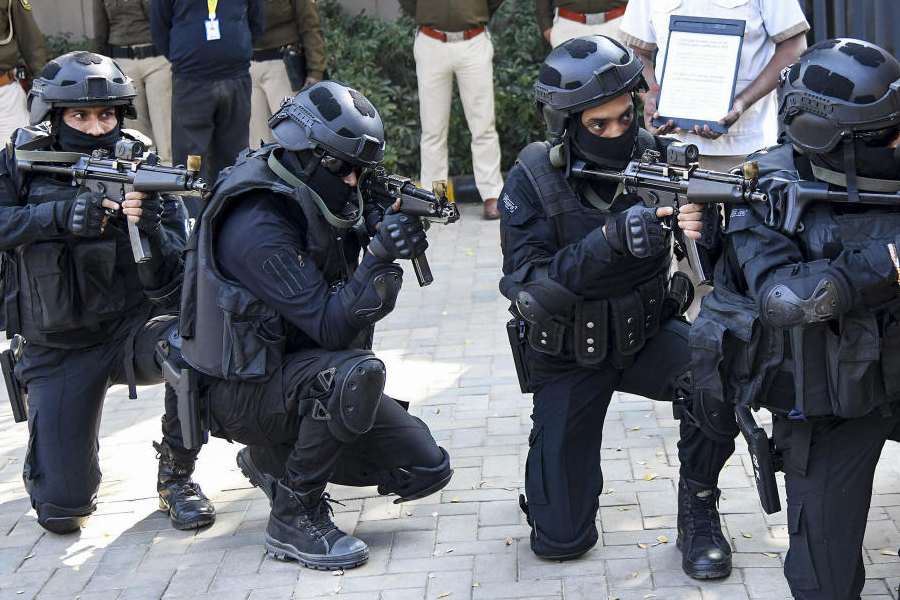Sikkim’s home department has requested that government employees wear their traditional dress to work every Thursday to recognise the cultural diversity and traditions of the Himalayan state.
The circular issued on Monday states that the Sikkim government will observe ‘traditional wear work day’ every Thursday.
The home department said that the move is “in recognition of the rich cultural diversity and enduring traditions that define the unique identity of Sikkim....” and to foster pride in the heritage of all its employees and affiliated organisations.
The Nepalis, Lepchas, Bhutias and other communities who reside in Sikkim each have their unique traditional outfits.
“In this regard, it has been decided that all officers and staff members of all departments, public sector undertakings (PSUs) and banks under the government of Sikkim shall observe ‘Traditional Wear Work Day’ every Thursday, with immediate effect,” the circular reads.
The statement further states: “On this day, employees are encouraged to wear traditional attire that showcases the diverse cultural fabric of our state.”
Over the past few months, different departments have been encouraging employees to wear traditional dress to work once a week.
The Sikkim government has now set a specific date for the practice across the state.
The initiative has drawn comparisons with similar policies and controversies in neighbouring regions, where traditional clothing has become a point of contention in larger socio-political narratives.
Sikkim’s directive is similar to Bhutan’s long-standing practice of mandating national dress for public officials.
A source said that in Bhutan, the gho for men and the kira for women are compulsory in government offices and educational institutions.
“The move in Bhutan was designed to unify the kingdom’s national identity,” the source added.
In the Darjeeling hills, clothing politics once stirred unease when Gorkha Janmukti Morcha (GJM) leader Bimal Gurung encouraged locals to wear traditional dresses for a month. It was part of a cultural assertion linked to the demand for Gorkhaland in the late 2000s.
“Gurung’s message was positioned as a call for unity, but it sparked discontent among many as his supporters even smeared black paint on those who had refused to accept his diktat,” said a source.
A senior Sikkim government official had earlier told this newspaper that they are not following any state or country’s example. “This is simply our own way of showing respect for our tradition,” the official had stated.










